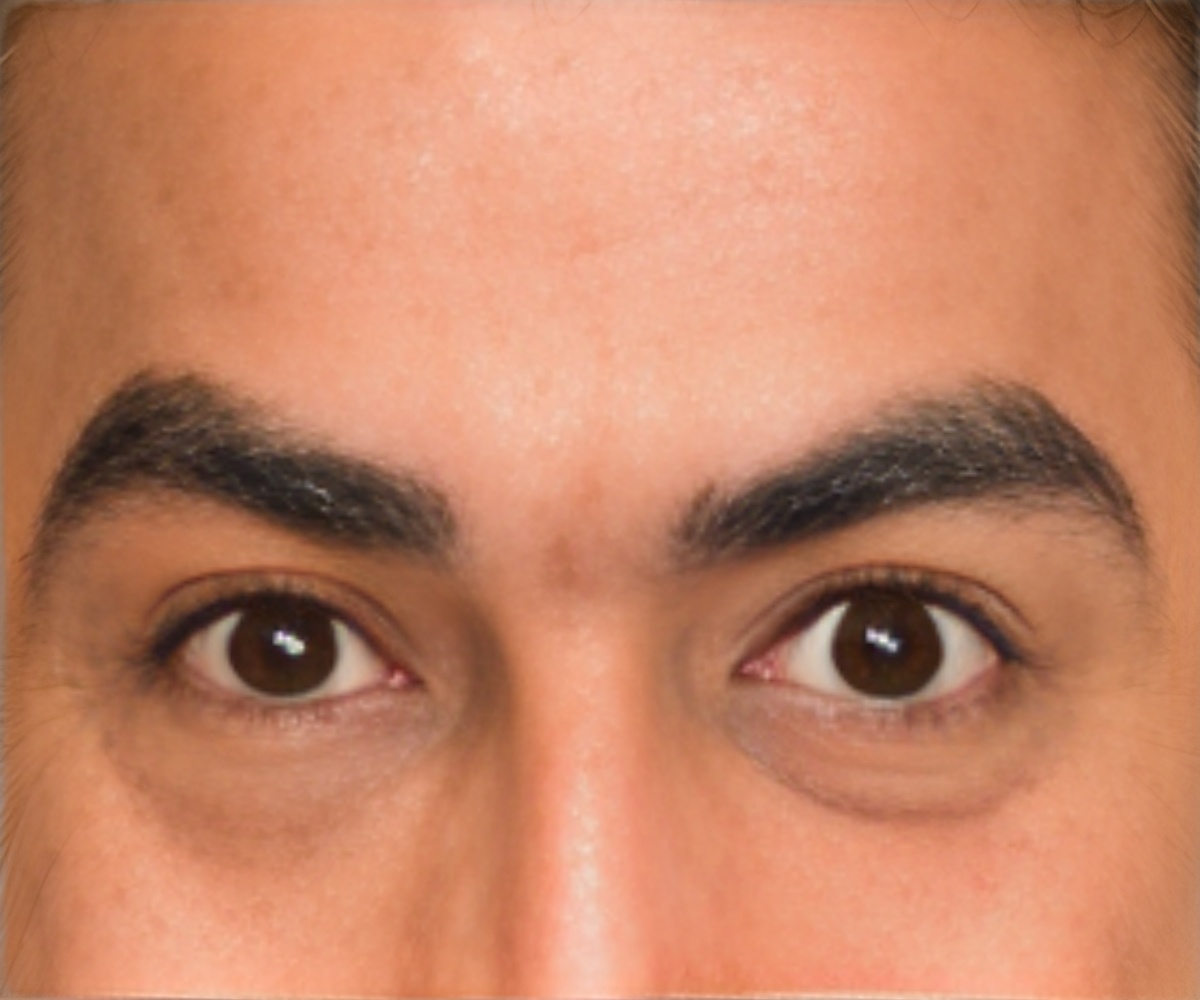As part of a recent study, researchers tracked more than 10,000 middle-aged people for close to 14 years to understand the connection between microvascular disease and heart rhythm disorder.

They found that the risk of a common type of heart-rhythm disorder can be identified by the damage to the blood vessels of the eyes or kidneys. Atrial fibrillation occurs commonly in the older lot and elevates the risk of stroke and heart failure.
The study found that six out of every 1,000 people with no microvascular disease became victims of the heart-rhythm disorder; nine out of every 1,000 people with micro-bleeds or micro-aneurysms in the smaller vessels of the eye's retina became victims of heart rhythm disorder.
Researchers are still not clear about the connection between vessel damage and higher risk for atrial fibrillation.
Dr. Neil Sanghvi, an electrophysiologist at Lenox Hill Hospital, said, "This study suggests that a potential trigger for developing atrial fibrillation may be worsening microvascular disease. Therefore, treatments that are able to minimize or prevent microvascular damage may be able to decrease the incidence of atrial fibrillation."
 MEDINDIA
MEDINDIA




 Email
Email










